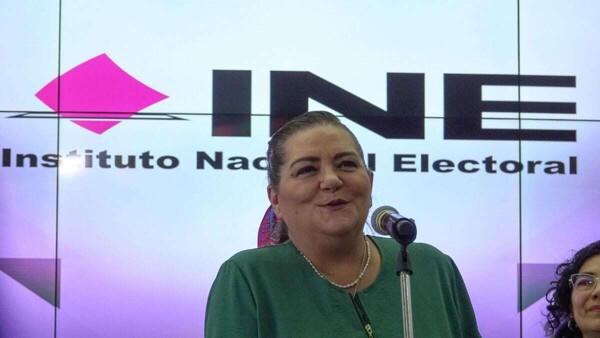
The transfer of functions from INAI to an instance of the Federal Government is generating a complex debate about the implications for transparency in Mexico. Proactive transparency is essential to disseminate information beyond what is legally required and to anticipate the informational needs of society, thus strengthening the citizen's right to know and promoting accountability, which is essential for democracy.
INAI, as an autonomous institution, has been key in ensuring transparency in the country, allowing anyone to access information in the possession of government institutions, political parties, and labor unions. Transparency is broken down into three main forms: active, reactive, and proactive. Active requires institutions to publish basic information without the need for requests, reactive manifests through requests for access to information, and proactive seeks to anticipate the informational needs of society.
Any reform in this area must strengthen the principles of autonomy and impartiality to ensure the protection of human rights. The possible disappearance of INAI raises doubts about impartiality in accessing information and the protection of personal data of Mexicans. It is necessary to preserve impartiality and avoid possible setbacks in the progress of human rights amid this institutional change.
The current moment demands a reaffirmed commitment to democracy in Mexico, a country internationally recognized for its robust regulatory and institutional design in terms of access to information and data protection. The fragility of these achievements in light of the possible disappearance of INAI raises concerns about the future of the rights protected by this institution and the need to preserve the advances made in this area.














